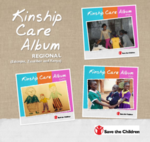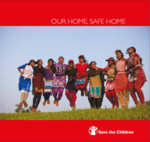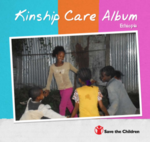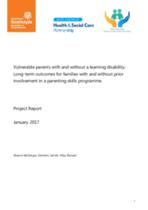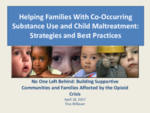Kinship Care Album REGIONAL
This Regional Kinship Care Album is a compilation of the 3 country albums (Kenya, Ethiopia and Zanzibar) bringing together information from children, young people and adults collected during the Kinship Care Research that took place in each of the three countries from late 2013 through 2014.

